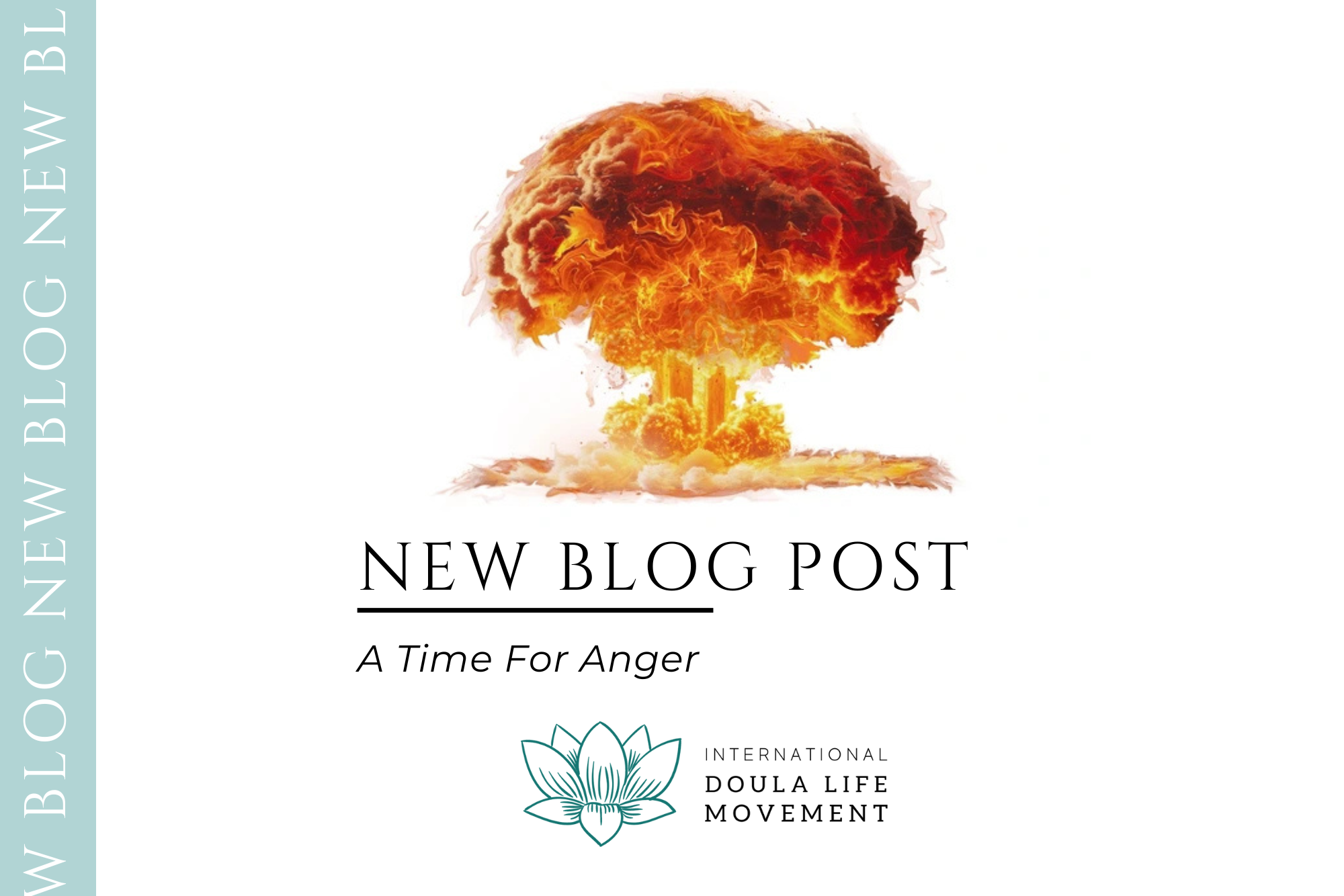People who are hearing about end of life doula work for the first time often ask what a doula actually does, or what sets a doula’s work apart from standard hospice care. It’s a reasonable question. As we know, the answer to that question can be long and complicated. But I think we can all agree that one of the major differences between doula work and hospice care is the emotional component.
As doulas, we work with people during some of the most emotional moments of their lives. For a lot of our clients, this isn’t easy for them. James Baldwin observed over fifty years ago that “Americans hate to feel things,” and this hasn’t changed. If anything, it has gotten worse. People don’t like showing strong emotions in front of others. They don’t like feeling them in the first place. Most of the people in my family won’t even watch a movie with a sad ending!
But when death comes along, people are going to be feeling all the feels. That’s what grief is. If it was easy, it wouldn’t be grief. And possibly the toughest aspect of grief to deal with, from both the inside and the outside, may be anger.
Anger is a natural part of the grieving process, but it can be difficult to express it. Not only is it a strong emotion, which makes everybody uncomfortable to begin with, it can be loud, it can sometimes be violent, it can easily become scary. It’s especially difficult to express anger connected with grief, because when a person is angry in a way that feels like they might lose control of themselves, it can upset and frighten the people around them and drive them away—right at the time when they most need support and comfort.
It is not your job as a doula to control, suppress, or cure your clients’ anger. Everyone’s anger is their own responsibility, and it is up to them to figure out the best way to manage it. But the topic will come up, and if you are able to safely make space for your clients’ anger, they may benefit from having a listening ear and you might just get to understand them better. For the really intense stuff, the stuff that goes beyond just venting… even David Kessler admits he keeps a baseball bat next to his bed and will go to town on the furniture on days when there just isn’t any other way to blow off steam.
Anger is often a mask for other emotions. Anger can help a person feel powerful and strong, instead of sad, confused, and frightened—all of which are also completely natural emotions to feel in the presence of death and grief. Denying it doesn’t do any good, but owning it does. And once a person is allowed to own their anger, they can let it run its course. Don’t let your clients use you as a punching bag, but do acknowledge the validity of their feelings. Once anger is allowed to have its moment, it becomes much easier to release it and move on.






